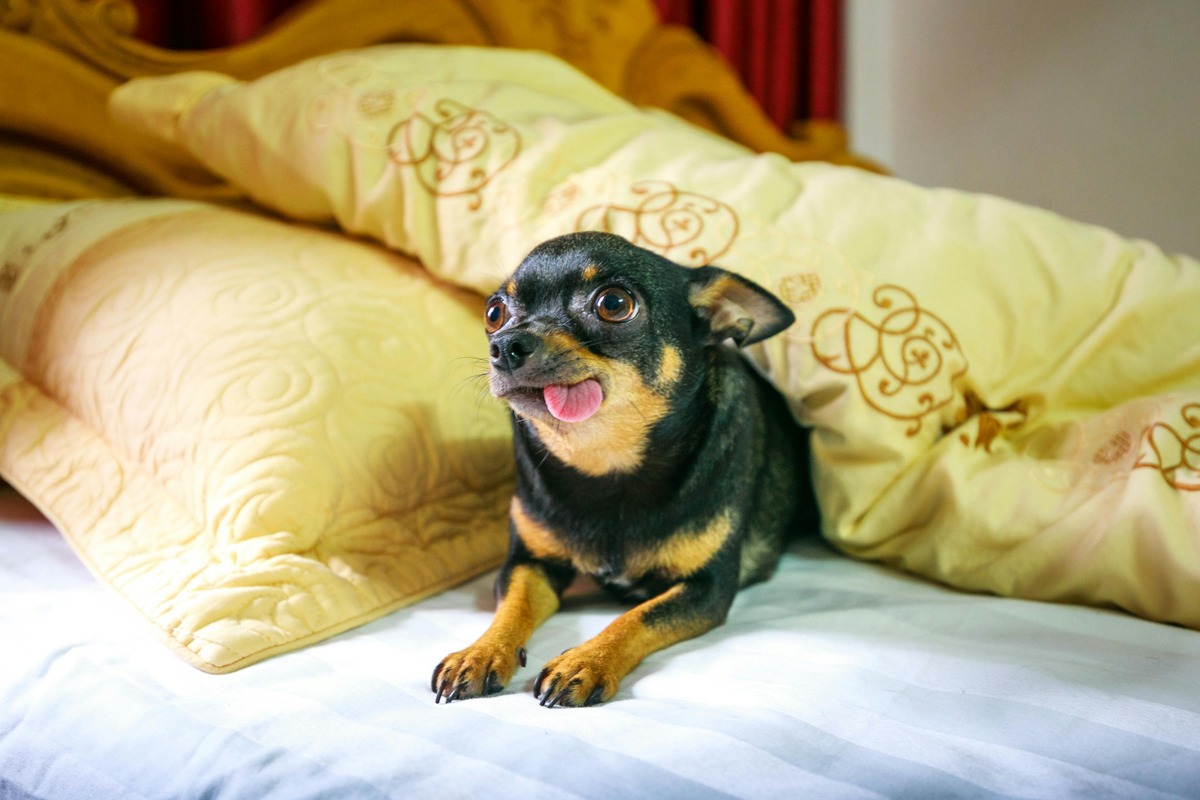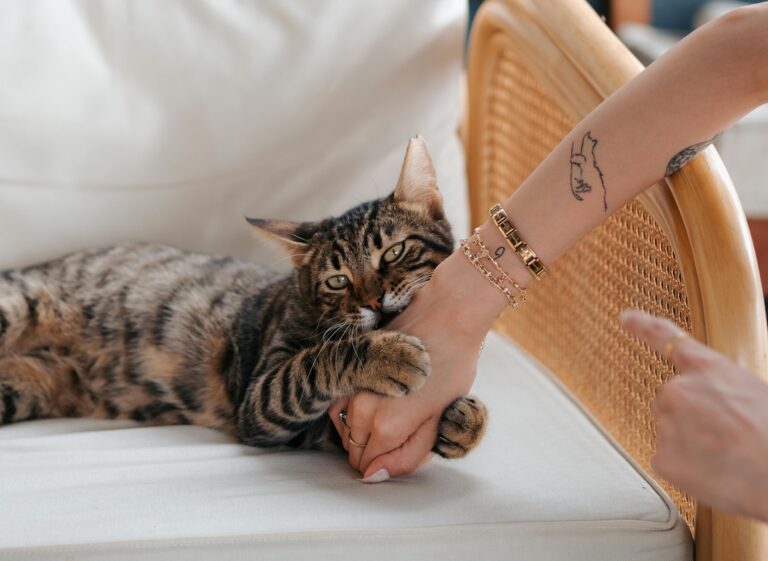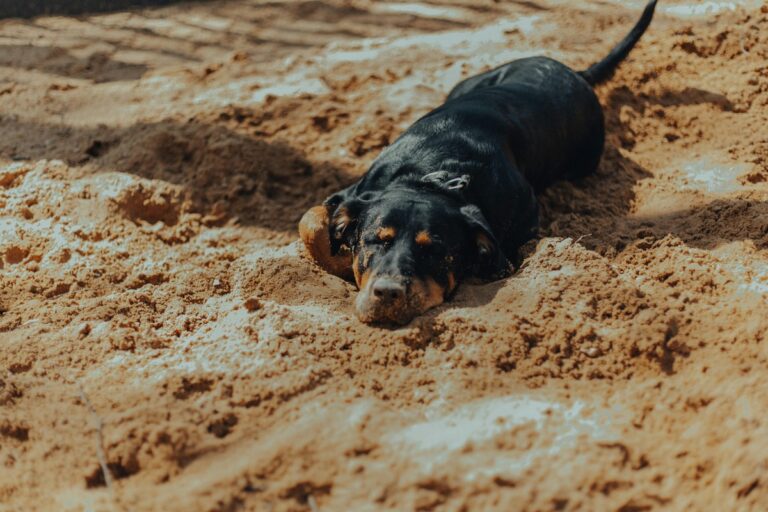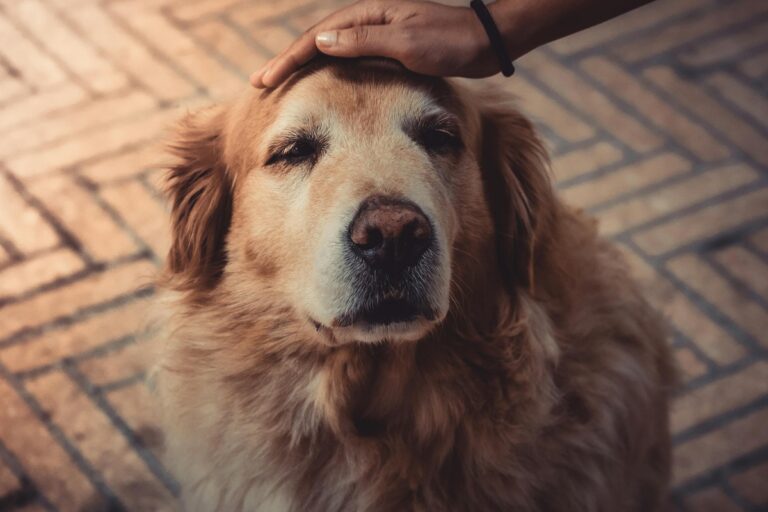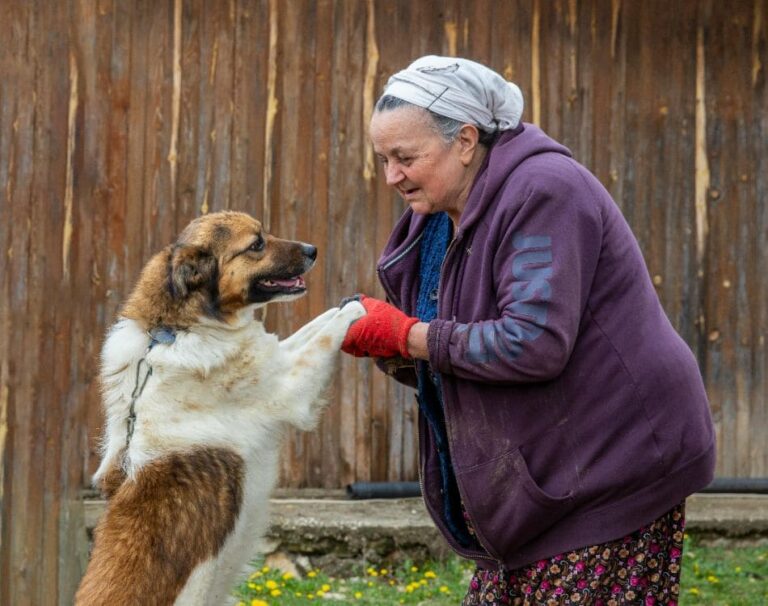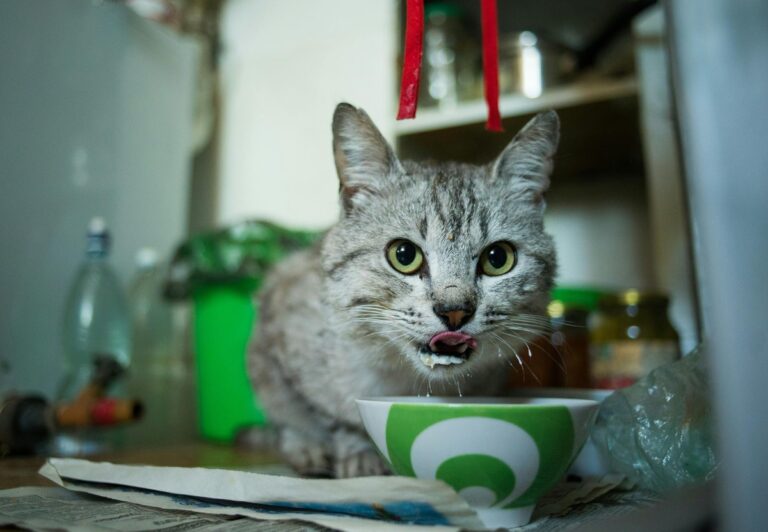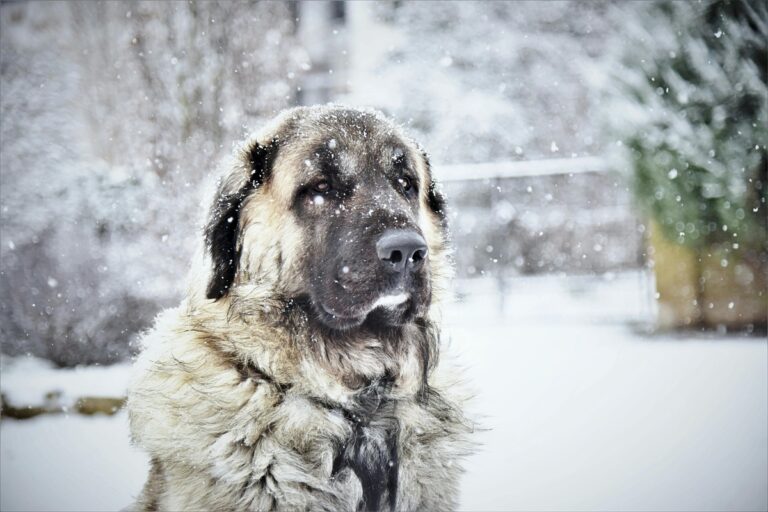The 7 Types of Chihuahua Dogs
Chihuahuas are one of the most iconic and beloved dog breeds, known for their tiny size, big personality, and undeniable charm. While many people think of Chihuahuas as a single breed, they actually come in several distinct varieties based on their coat type, body shape, and characteristics.
If you’re considering adopting a Chihuahua or just want to learn more about these feisty little dogs, here are the 7 types of Chihuahuas and what makes each one unique.
1. Smooth-Coat Chihuahua
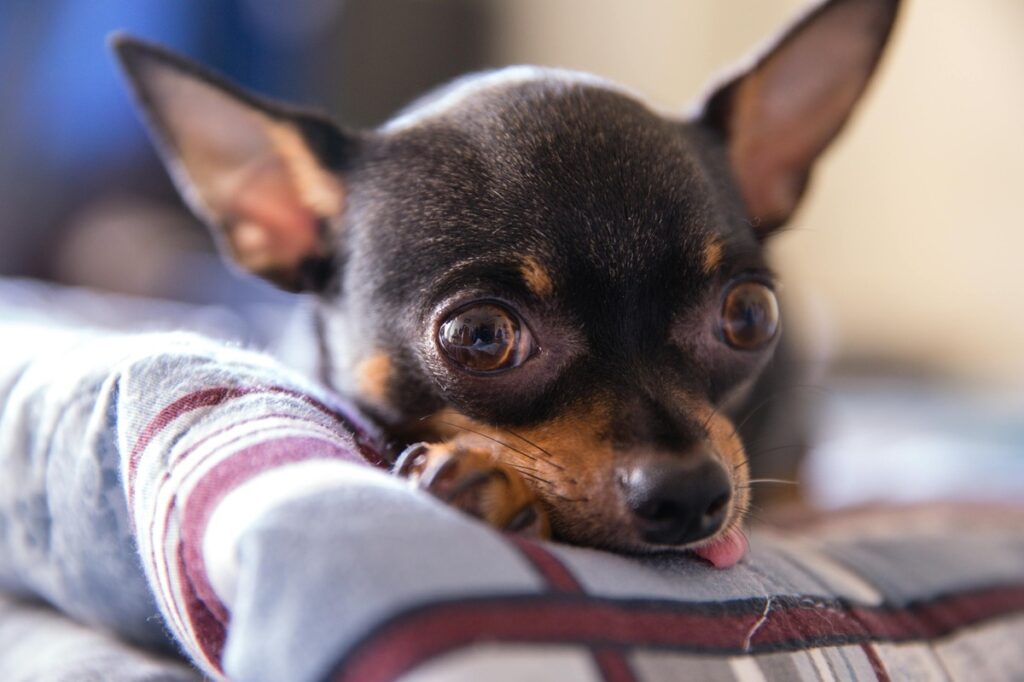
The Smooth-Coat Chihuahua is the most recognizable type, sporting a short, sleek, and shiny coat that requires minimal grooming. Their fur lies close to their skin, giving them a neat, polished appearance.
Smooth-Coat Chihuahuas are a great choice for people who want a low-maintenance pet, as they shed less than their long-haired counterparts. However, due to their thin fur, they are sensitive to cold weather and may need a sweater during the winter months.
Best for: Owners who prefer a low-grooming pet.
Care Tip: Protect them from cold temperatures and excessive sun exposure.
2. Long-Coat Chihuahua
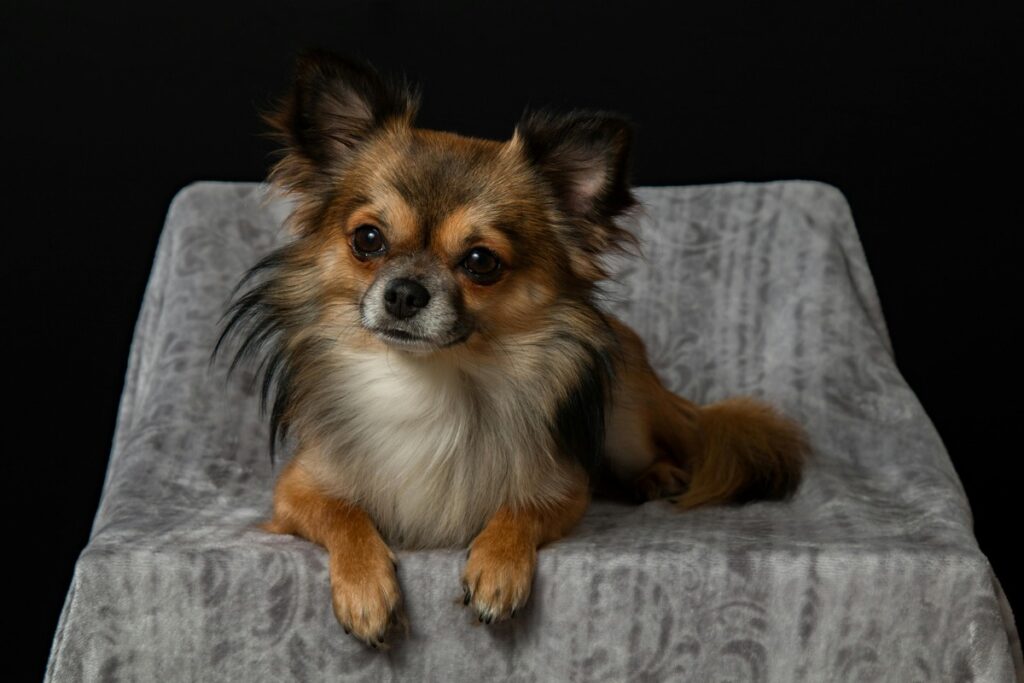
The Long-Coat Chihuahua has a luxurious, soft coat that gives them a more elegant and fluffy appearance. Their fur can be either straight or slightly wavy, and they often have feathery fur on their ears, tail, and legs.
Despite their longer fur, these Chihuahuas don’t shed excessively. However, they do require regular brushing to prevent matting and keep their coat looking healthy. Their plush fur makes them more tolerant of cold weather compared to their smooth-coated cousins.
Best for: Owners who love fluffy, elegant dogs.
Care Tip: Brush their fur several times a week to avoid tangles.
3. Apple Head Chihuahua
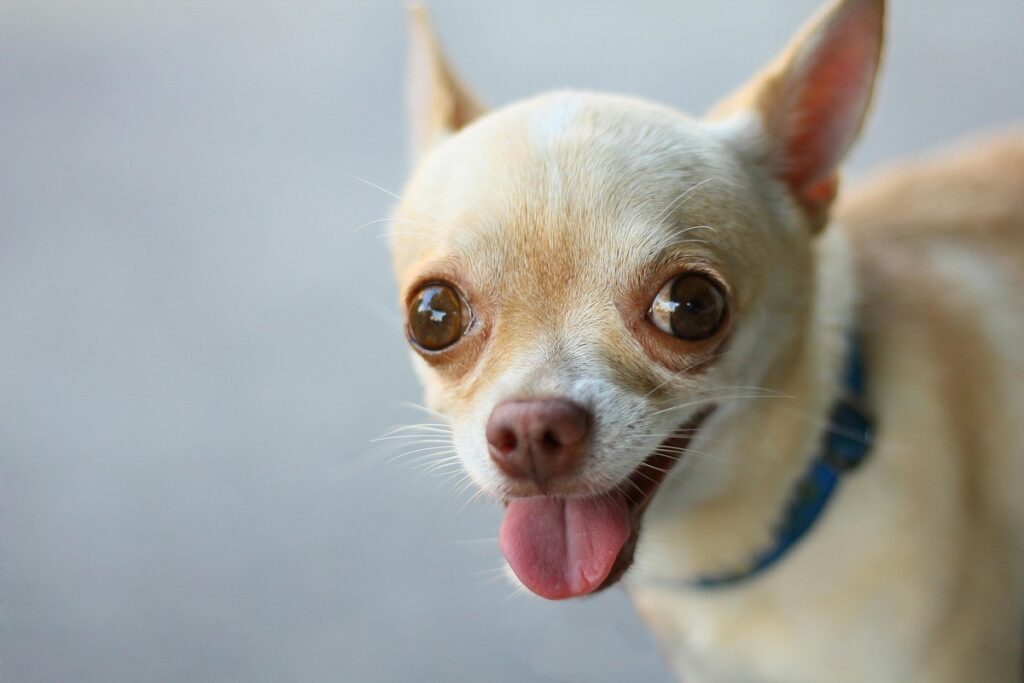
The Apple Head Chihuahua is named for its rounded, apple-shaped skull, which is the breed standard recognized by the American Kennel Club (AKC). These Chihuahuas have a shorter snout, big round eyes, and a well-defined forehead, giving them a classic Chihuahua look.
Apple Head Chihuahuas often have a softer, more affectionate personality, making them ideal lap dogs. However, they are more prone to health issues, including breathing difficulties and dental problems, due to their short muzzles.
Best for: Those who want a classic Chihuahua with a friendly personality.
Care Tip: Regular dental check-ups are essential for their health.
4. Deer Head Chihuahua
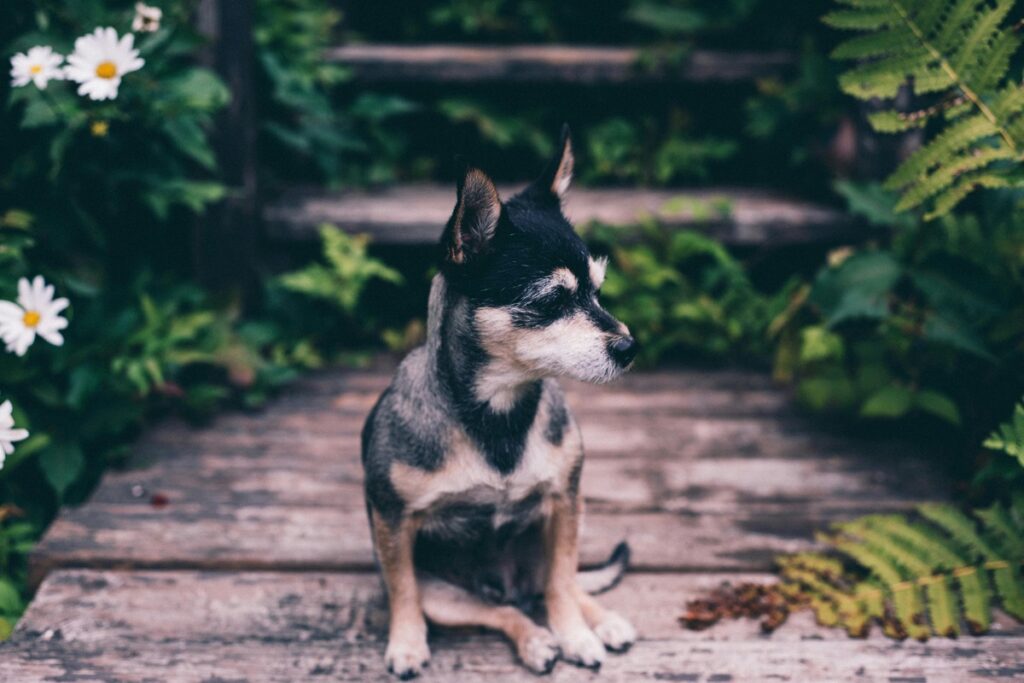
The Deer Head Chihuahua has a longer snout, a more slender face, and a body shape that resembles a small deer. They tend to be larger than Apple Head Chihuahuas, with longer legs and a leaner frame.
Because of their longer noses, Deer Head Chihuahuas typically have fewer breathing problems than Apple Heads. They also tend to be more energetic and independent, making them better suited for active owners who enjoy playful, adventurous dogs.
Best for: Active individuals who want a lively, energetic Chihuahua.
Care Tip: Provide plenty of playtime and mental stimulation.
5. Teacup Chihuahua
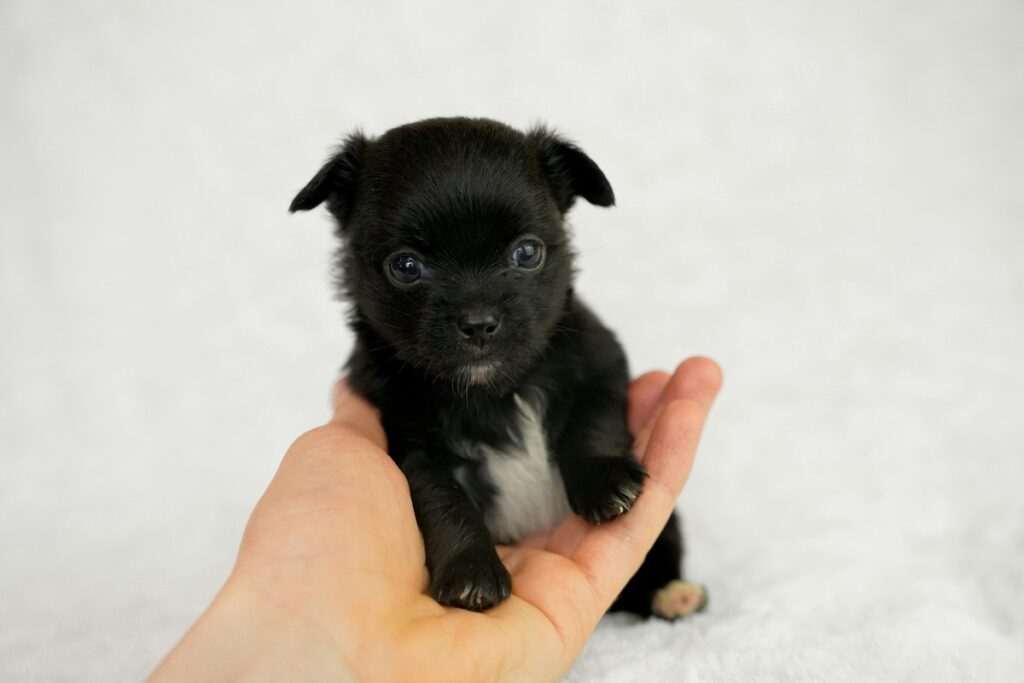
Teacup Chihuahuas are not an official breed but rather a term used to describe Chihuahuas that weigh less than 3 pounds. Due to their tiny size, they are incredibly fragile and require extra care to prevent injuries.
These miniature Chihuahuas are often more prone to health issues, including hypoglycemia (low blood sugar), bone fractures, and heart problems. Because of their delicate nature, they are not suitable for families with young children or high-energy households.
Best for: Dedicated owners who can provide constant supervision.
Care Tip: Feed them small, frequent meals to prevent hypoglycemia.
6. Fawn Chihuahua
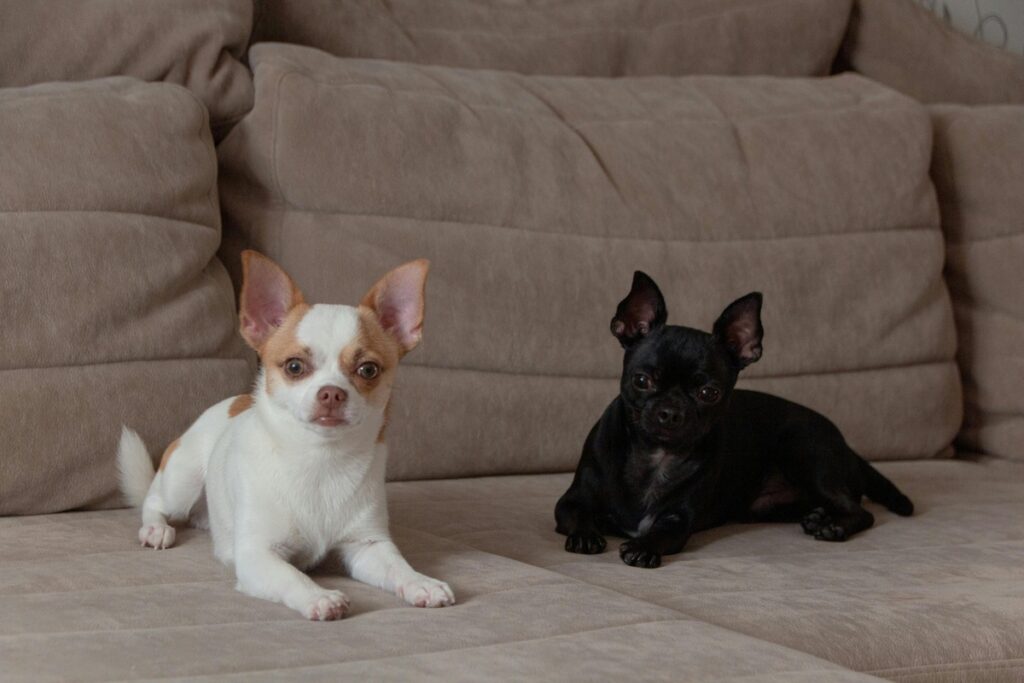
The Fawn Chihuahua is not a separate breed but a Chihuahua with a light tan or fawn-colored coat. This color is one of the most common and recognizable Chihuahua shades, and it can appear in both Smooth-Coat and Long-Coat varieties.
Fawn Chihuahuas can range in shade from pale beige to deep reddish-brown, sometimes with white markings. While their coat color does not affect their personality, these dogs are often considered more traditional-looking Chihuahuas due to their popularity.
Best for: Anyone looking for a classic Chihuahua color.
Care Tip: Protect them from sunburn if they have lighter fur.
7. Merle Chihuahua
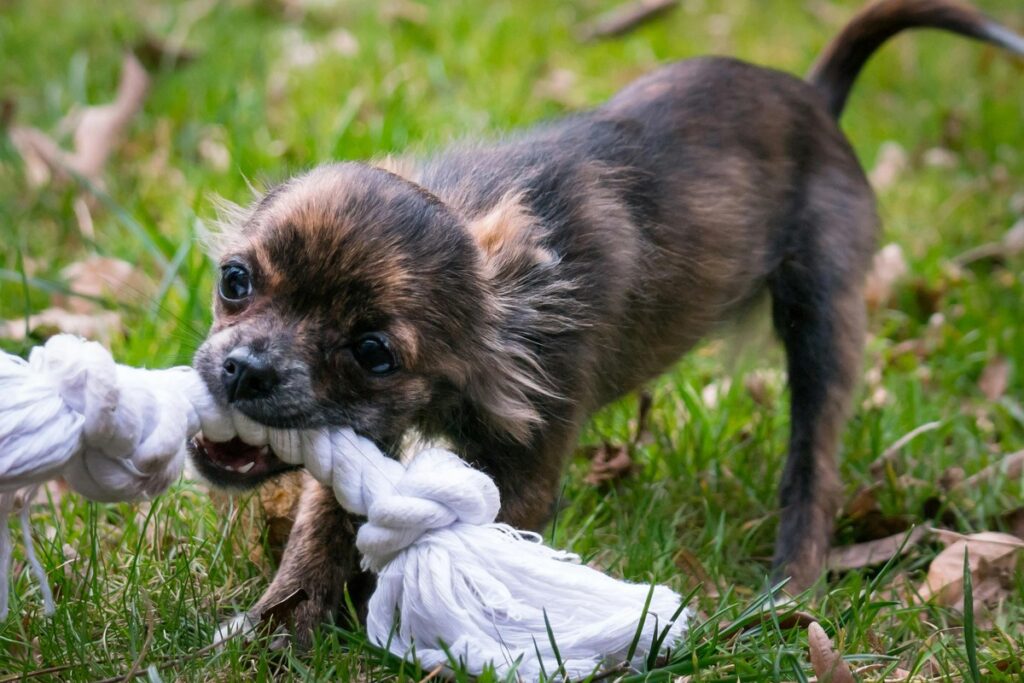
The Merle Chihuahua has a unique coat pattern with marbled or speckled patches of color. This genetic variation can appear in a variety of colors, including black, gray, blue, and brown.
While Merle Chihuahuas are strikingly beautiful, they are also more prone to health issues, including blindness, deafness, and skin sensitivities. Responsible breeders take great care to avoid breeding two Merle Chihuahuas together, as this can increase the risk of severe genetic defects.
Best for: Experienced owners who understand the health concerns of merle genetics.
Care Tip: Always get a health check from a reputable breeder before adopting a Merle Chihuahua.
Which Type of Chihuahua Is Right for You?
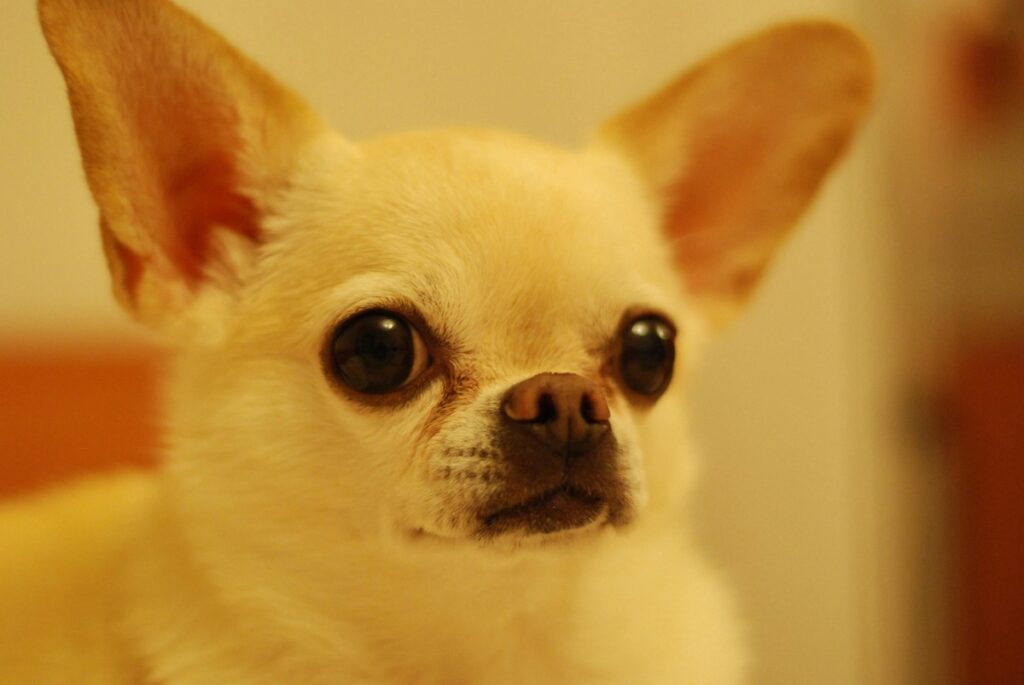
Chihuahuas come in many different types, each with its own unique traits, appearance, and personality. Whether you prefer a tiny Teacup Chihuahua, a fluffy Long-Coat Chihuahua, or a lively Deer Head Chihuahua, there is a perfect Chihuahua for every kind of owner.
Before bringing one home, consider their grooming needs, health concerns, and activity levels to ensure a happy and healthy companionship. With the right care, these tiny dogs will become loyal and loving companions for years to come!

